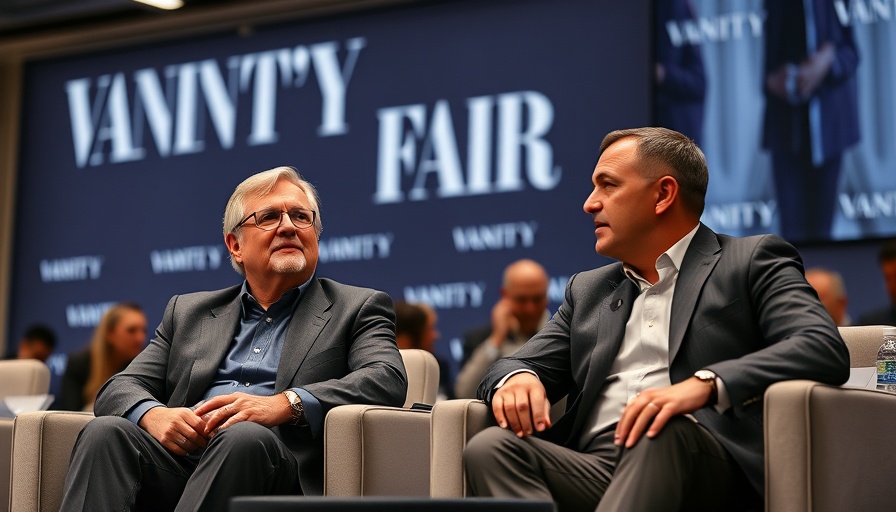
Elon Musk's Legal Battle Against OpenAI: An Ongoing Saga
The latest chapter in Elon Musk's legal tussle with OpenAI unfolded this week in a federal courtroom when a judge denied his request for an injunction to block the company's transition to a for-profit entity. Although Musk experienced a setback, Judge Yvonne Gonzalez Rogers hinted at potential vulnerabilities in OpenAI's strategy that could fuel further challenges against its restructuring ambitions.
Understanding OpenAI's Transformation
OpenAI has undergone significant changes since its inception as a non-profit in 2015. Initially founded with a mission to ensure that artificial intelligence benefits humanity, it transitioned to a "capped-profit" model in 2019, aiming to attract investment for its expansive AI projects. Now, with intentions of becoming a public benefit corporation, the organization finds itself at a crossroads, igniting fierce debates about the implications of prioritizing profits over public welfare.
The Implications of For-Profit AI
As OpenAI seeks further financial backing to support its ambitious AI initiatives, concerns grow about the ethical ramifications of its conversion. Critics argue that profit-driven motives could jeopardize OpenAI's foundational goals and the safety of AI technologies. Stakeholders have emphasized that there must be stringent guidelines ensuring that advancements in AI do not come at the expense of public interest.
Potential Outcomes of the Trial
Although Judge Rogers denied Musk's preliminary injunction, her comments may suggest a precarious future for OpenAI as it navigates the murky waters of corporate governance. An expedited trial is set for Fall 2025 to address these intricate disputes. Legal analysts interpret this as a chance for those invested in the ethical development of AI to present their case against OpenAI’s new structure.
Background Tensions: Musk vs. Altman
The current legal row is grounded in a history of tension between Musk and OpenAI's CEO, Sam Altman. Once collaborators in the founding days of OpenAI, Musk gradually morphed into a vocal critic, raising alarms about the potential hazards advanced AI could pose to humanity. Emails revealed during litigation suggest Musk's musings about the company evolving into a for-profit vehicle were not unheard of, sparking debate about the intentions behind his lawsuit.
Reactions from the AI Community
The backlash against OpenAI's planned conversion isn't solely from Musk. Industry experts, including Tyler Whitmer representing Encode—a nonprofit organization arguing for AI safety—expressed that this decision brings increased scrutiny to OpenAI's board and operational ethics. With inquiries from the attorneys general in California and Delaware currently underway, the cloud of uncertainty grows.
What Lies Ahead for OpenAI and AI Governance
As OpenAI’s future hangs in the balance, it is fortified by a growing community of advocates calling for responsible AI development. The outcomes of upcoming legal proceedings might not only define OpenAI’s structure but also set precedence for how AI companies engage with ethical guidelines and regulatory oversight moving forward. The unfolding drama is recalibrating the conversation around profit versus purpose in the rapidly evolving world of artificial intelligence.
Conclusion: The Road Ahead
The legal developments surrounding Musk and OpenAI illustrate the complex environment of AI innovation and governance. The implications of OpenAI potentially becoming a for-profit organization raise questions about ethical AI practices and the broader societal impact of such decisions. As interested parties wait for the expedited trial, attention remains focused on ensuring that as AI advances, it serves humanity's best interests and safeguards public trust.
 Add Row
Add Row  Add
Add 




 Add Row
Add Row  Add
Add 

Write A Comment